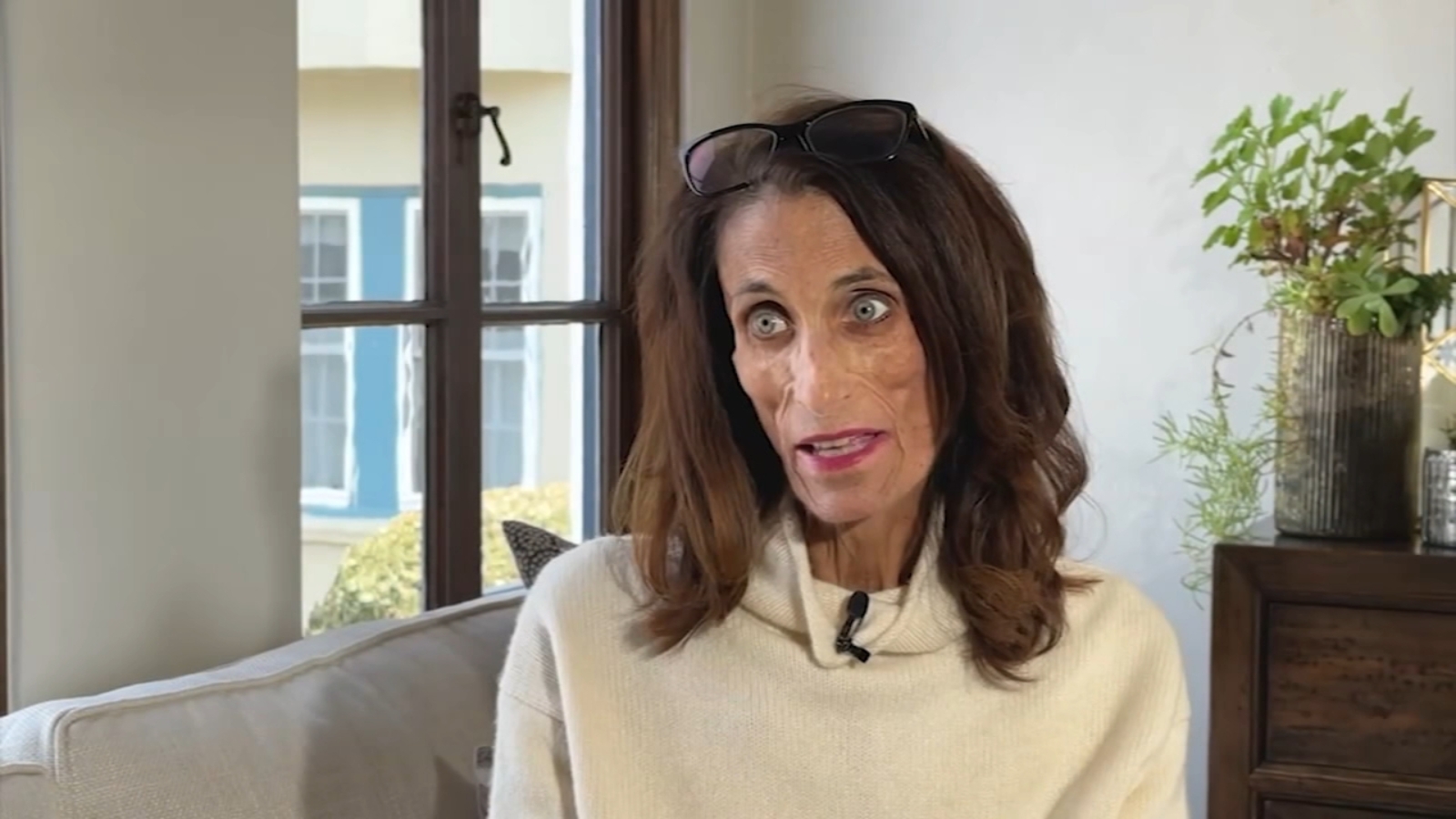Stage 4 at 34: One Woman’s Mission to Promote Early Cancer Screening
Jenessa Schwartz never imagined she’d be fighting for her life in her early 30s. A middle school teacher in Los Gatos and a mother of two, she was focused on her career and family, not on the possibility of cancer.
But in 2021, at just 34 years old, her world turned upside down. What started as mild fatigue and changes in her digestion led to a devastating diagnosis—stage 4 colon cancer. Doctors gave her 18 months to live.
“I never thought this could happen to me,” Schwartz said. “I was young, active, and had no family history of colon cancer.”
Her story is a stark reminder that cancer doesn’t always follow the rules. It’s also a plea for others to take their health seriously and get screened before it’s too late.
The Silent Symptoms That Almost Went Ignored
Like many young adults, Schwartz didn’t think much of her symptoms at first. She was always exhausted, but as a busy teacher and mom, that felt normal. The occasional stomach discomfort? Probably stress or something she ate.
When the fatigue got worse and she noticed changes in her bowel habits, she hesitated to see a doctor. After all, colon cancer was something older people got—right?

It wasn’t until a close friend insisted she seek medical attention that she finally went in for a checkup. A colonoscopy soon revealed a tumor blocking her colon. The cancer had already spread.
“If I had waited any longer, I wouldn’t be here today,” Schwartz admitted.
Fighting Back and Defying the Odds
Despite the grim prognosis, Schwartz refused to give up. She continued teaching while undergoing intensive treatment, determined to be there for her students and her children.
Her journey hasn’t been easy—chemo, surgeries, and constant uncertainty—but she’s beaten the odds, surviving well past the initial 18-month estimate.
Now, she’s using her voice to push for awareness, hoping her story will prevent others from going through the same ordeal.
“I don’t want anyone else to hear ‘You have stage 4 cancer’ when it could have been caught sooner,” she said.
Colon Cancer in Young Adults: A Growing Crisis
Schwartz isn’t alone. Colon cancer cases in people under 50 have been rising at an alarming rate.
According to the American Cancer Society, diagnoses among younger adults have nearly doubled since the mid-90s. Experts predict that by 2030, colorectal cancer will be the leading cause of cancer-related deaths in people aged 20 to 49.
Doctors aren’t entirely sure why. Some believe diet and lifestyle changes play a role. Others suspect environmental factors or genetics that researchers haven’t fully understood yet.
Regardless of the cause, one thing is clear: young people need to take this disease seriously.
Why Early Screening Can Save Lives
For years, colon cancer screening was recommended at age 50. But with cases rising in younger populations, guidelines have changed—now, people should start getting screened at 45.
Still, many don’t realize they’re at risk, leading to delayed diagnoses and poorer outcomes.
Doctors stress that early detection is key. When caught at an early stage, colon cancer is highly treatable. But by the time symptoms become severe, the disease is often advanced.
Common warning signs include:
-
Persistent changes in bowel habits (diarrhea, constipation, or narrowing of stool)
-
Blood in stool or rectal bleeding
-
Unexplained weight loss
-
Ongoing fatigue
-
Abdominal pain or cramping that doesn’t go away
If you experience any of these symptoms—no matter your age—don’t ignore them. Talk to your doctor and consider getting screened.
A Message That Could Save a Life
Schwartz hopes her story will make others listen to their bodies and take action sooner rather than later.
“If I can help just one person catch this early, then sharing my story is worth it,” she said. “No one should have to go through what I’m going through if it can be prevented.”
Her advice? Be proactive about your health. Push for answers if something feels off. And most importantly, get screened.
It could be the decision that saves your life.


Comments are closed, but trackbacks and pingbacks are open.